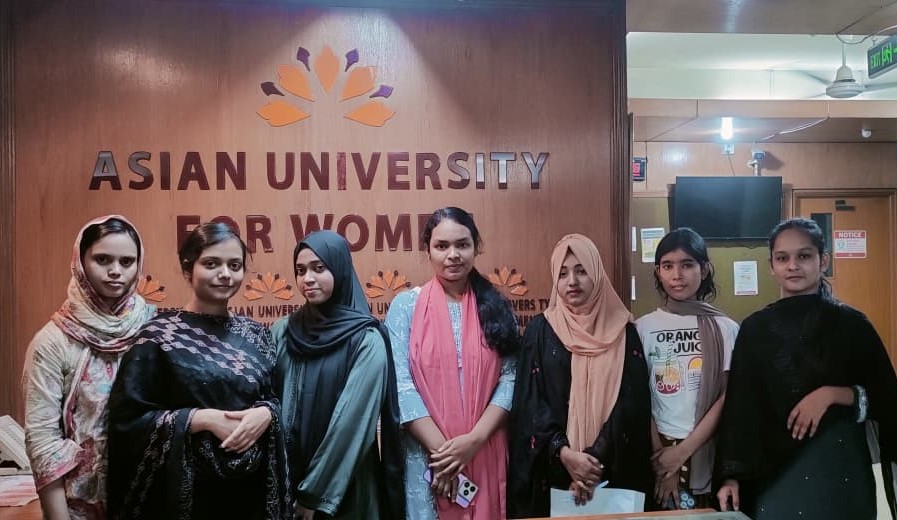From the structured learning of degrees to the honed expertise of skills, both paths offer unique value, demanding a nuanced understanding for navigating today’s diverse job market.
Degrees have been revered for instilling comprehensive foundational knowledge and theoretical frameworks within a field. Consider a doctor’s degree in medicine, where the rigorous curriculum ensures an in-depth understanding of various parts of human anatomy and physiology. This extensive theoretical base is crucial for medical professionals to diagnose illnesses, prescribe treatments, and ensure patient well-being. Without this deep understanding, doctors may lack the essential groundwork needed to navigate the complexities of the human body and medical practice effectively, which cannot be substituted just by learning a few skills.
Furthermore, university education imparts knowledge and fosters networking opportunities that can significantly impact career trajectories. Graduates from prestigious institutions often benefit from solid alumni networks, exclusive internships, and access to high-profile career fairs. For instance, individuals graduating from renowned business schools might connect with successful alums or industry leaders, opening doors to high-level job opportunities and mentorship. These networking advantages can catalyse career growth and provide insights and opportunities.
Today, a degree is still the standard benchmark for entry-level positions or career advancement in some industries. For instance, within engineering disciplines, employers often prioritise candidates with engineering degrees for roles demanding specialised knowledge in areas like civil engineering or mechanical engineering. These degrees symbolise a standardised level of education and expertise, clearly indicating the candidate’s understanding of core engineering principles and methodologies.
But change is underway. With the introduction of tech-based industries, many managers prioritise people who learned the relevant skills for the work rather than people with degrees. One of the reasons is that skills acquired through practical experience offer immediate real-world application. Consider a graphic designer who has honed their craft through self-learning, online tutorials, and hands-on projects, accumulating a robust portfolio. Such a designer can secure freelance projects or employment solely based on the demonstrable quality of their work, regardless of whether they possess a formal design degree. The ability to showcase tangible skills and expertise through a portfolio or practical demonstrations often outweighs the need for a degree in creative fields like graphic design, where a strong portfolio serves as a testament to capabilities.
Moreover, skills are highly adaptable to changing industry landscapes and evolving job demands. For instance, a professional proficient in various digital marketing strategies and platforms can swiftly adapt to emerging trends or technological shifts in digital marketing. Their expertise allows them to rapidly learn and implement new tools or strategies, ensuring their relevance and effectiveness in a fast-paced industry where new platforms and techniques frequently emerge. Hiring individuals based on demonstrated skills rather than degrees can also be cost-effective for employers. Recruiting candidates with specific skills reduces the need for extensive on-the-job training or investing in employees to gain proficiencies they might lack from a formal degree. For instance, hiring a digital marketer with a proven record of successful campaigns and knowledge of various digital platforms may require less initial training investment than someone solely equipped with a marketing degree.
When deciding whether to put more time into learning various skills or trying to earn a degree, what an industry is looking for in an employee plays an important role. For instance, industries like technology and creative arts often emphasise skills over degrees due to their dynamic nature and evolving job requirements. In the tech industry, where innovations occur at a rapid pace, a person who is proficient in programming languages and app development frameworks might create innovative applications, showcase them through an impressive portfolio, and potentially secure lucrative opportunities or entrepreneurial ventures without a formal degree. A robust portfolio and demonstrated design, editing, or storytelling skills often carry more weight than a traditional degree, even in creative arts fields like graphic design or filmmaking. These individuals also thrive on their abilities to innovate, problem-solve, and execute ideas, traits that can be nurtured through hands-on experience rather than a formal education.
Conversely, industries such as medicine and law prioritise degrees because they are structured and specialised, where extensive theoretical knowledge, certifications, and accreditation are imperative. For example, a medical degree is a non-negotiable requirement to practice professionally. Doctors must undergo rigorous academic training to gain comprehensive knowledge of anatomy, diseases, treatments, and patient care. Similarly, aspiring lawyers need a law degree to qualify for the bar exam and practice law. The legal field demands a deep understanding of legislation, case law, and legal procedures, typically gained through formal legal education.
Ultimately, the best approach might not be an either/or situation. This is because the relationship between skills and degrees is not mutually exclusive but complementary. Depending on career aspirations and industry requirements, a well-rounded approach might involve combining a formal education to build a foundational understanding with continuous skill development through practical application, workshops, certifications, or self-learning. This blended approach ensures a balance between theoretical knowledge and practical expertise, catering to the industry’s specific requirements, job roles, and an individual’s career ambitions.
















